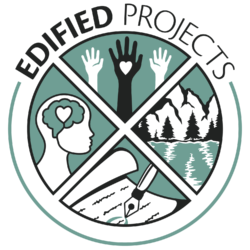Are you ready to build your knowledge in family or workplace mental health, Indigenous engagement, or EDIB?
Our style is supportive, interactive, and fun.
We help you build psychologically and culturally safer spaces for individual, family, and workplace wellbeing. Reciprocity and good relations are foundational to our teaching philosophy and we have a team of facilitators to support this work. Our educational webinars and workshops on mental health topics are evidence-based and are led by a Registered Psychologist – lean on a trusted expert to support you or your organization in a cost-effective way.
Webinars are short (1-2 hours) while workshops are longer, sometimes multi-day, and have much more interaction between participants and facilitator.
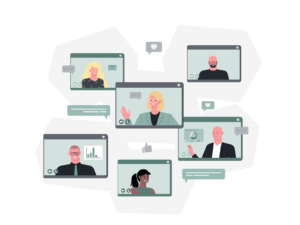
Employers and Employee Family Assistance Program Providers: If you’d like to book any of our offerings for staff or your clients, please contact Monica Naber at monica@edifiedprojects.com to learn more.
Facilitators
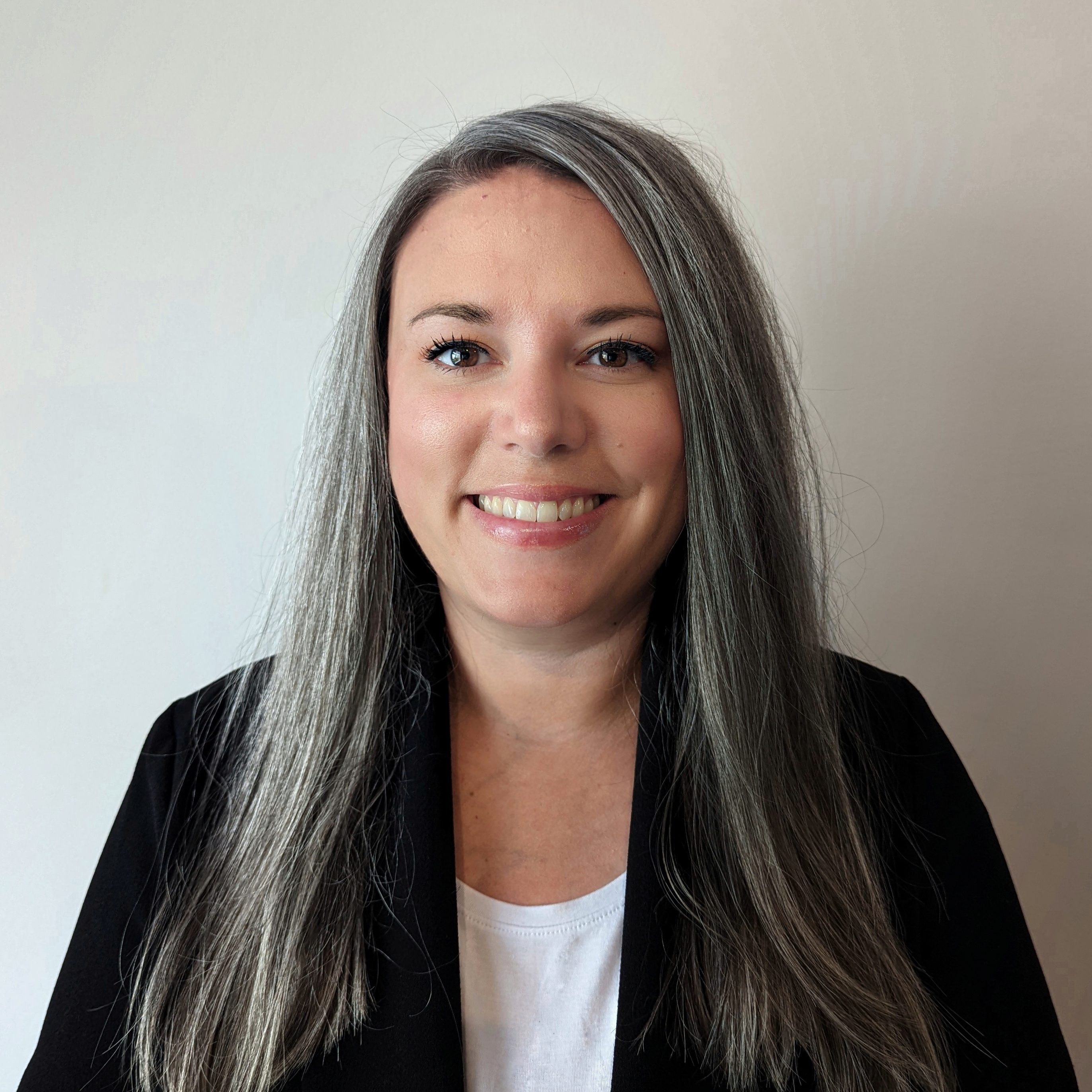 Alicia Hibbert | 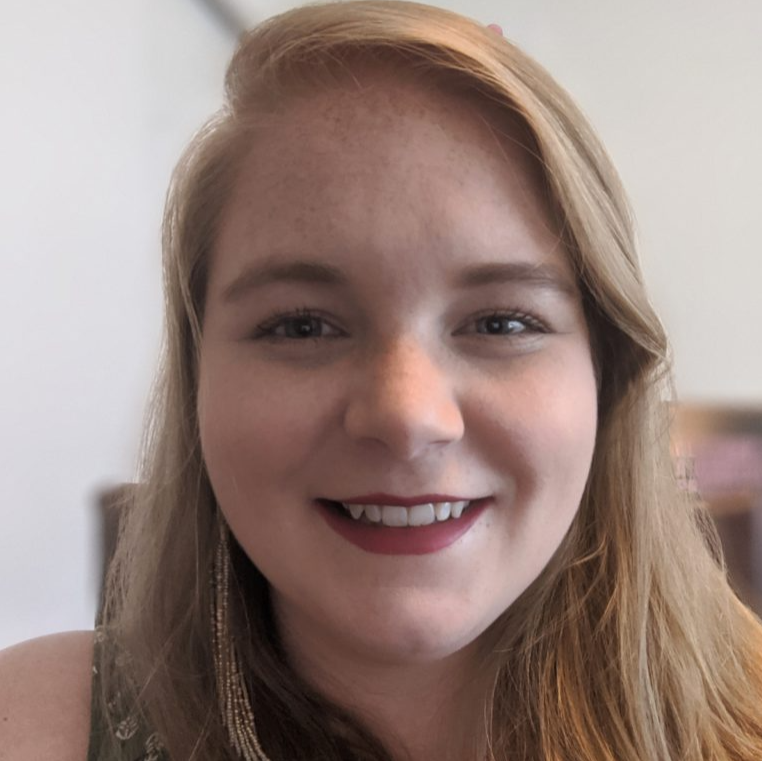 Becca Shortt | 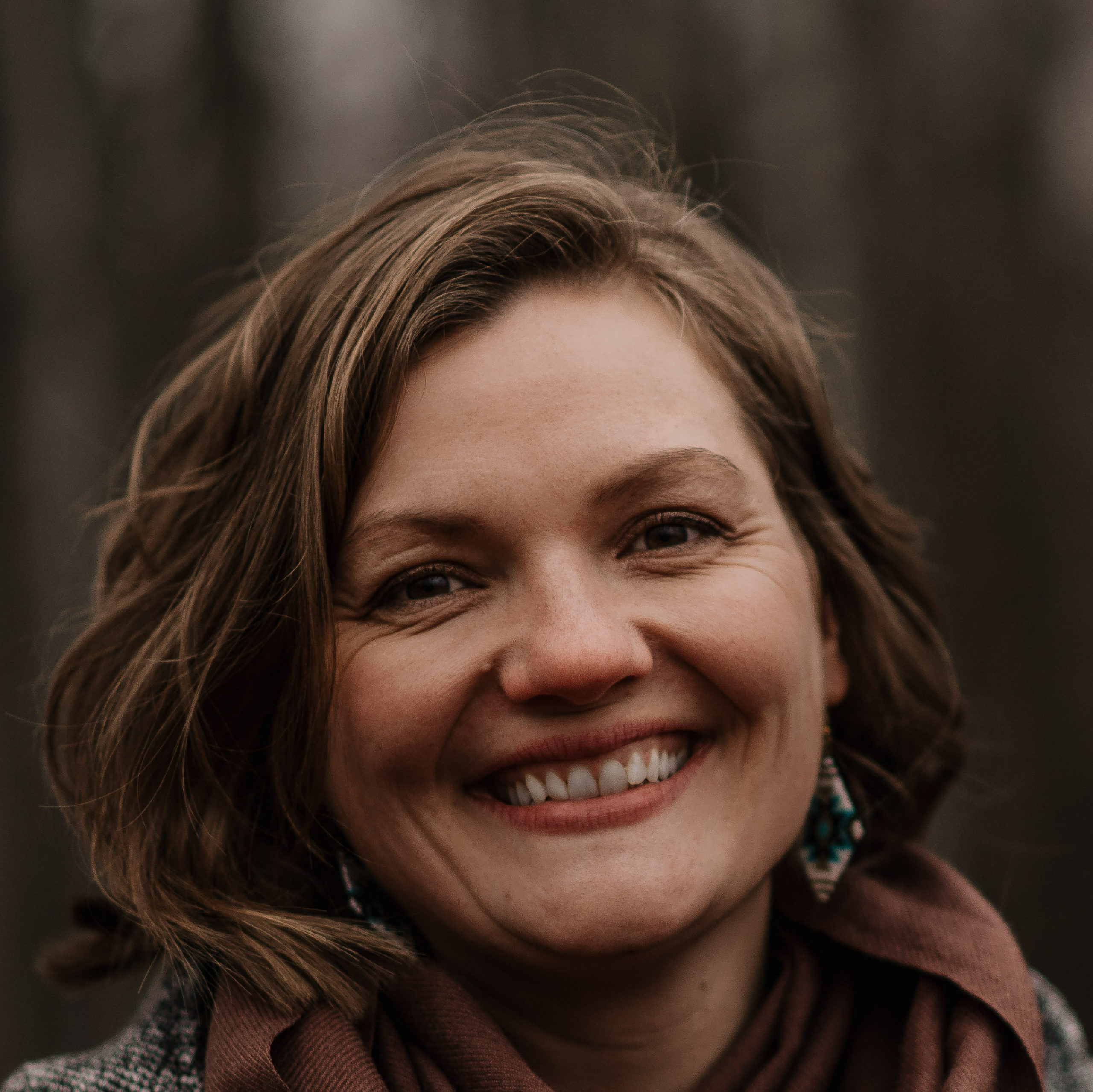 Monica Naber |  Lena Bou Saleh | 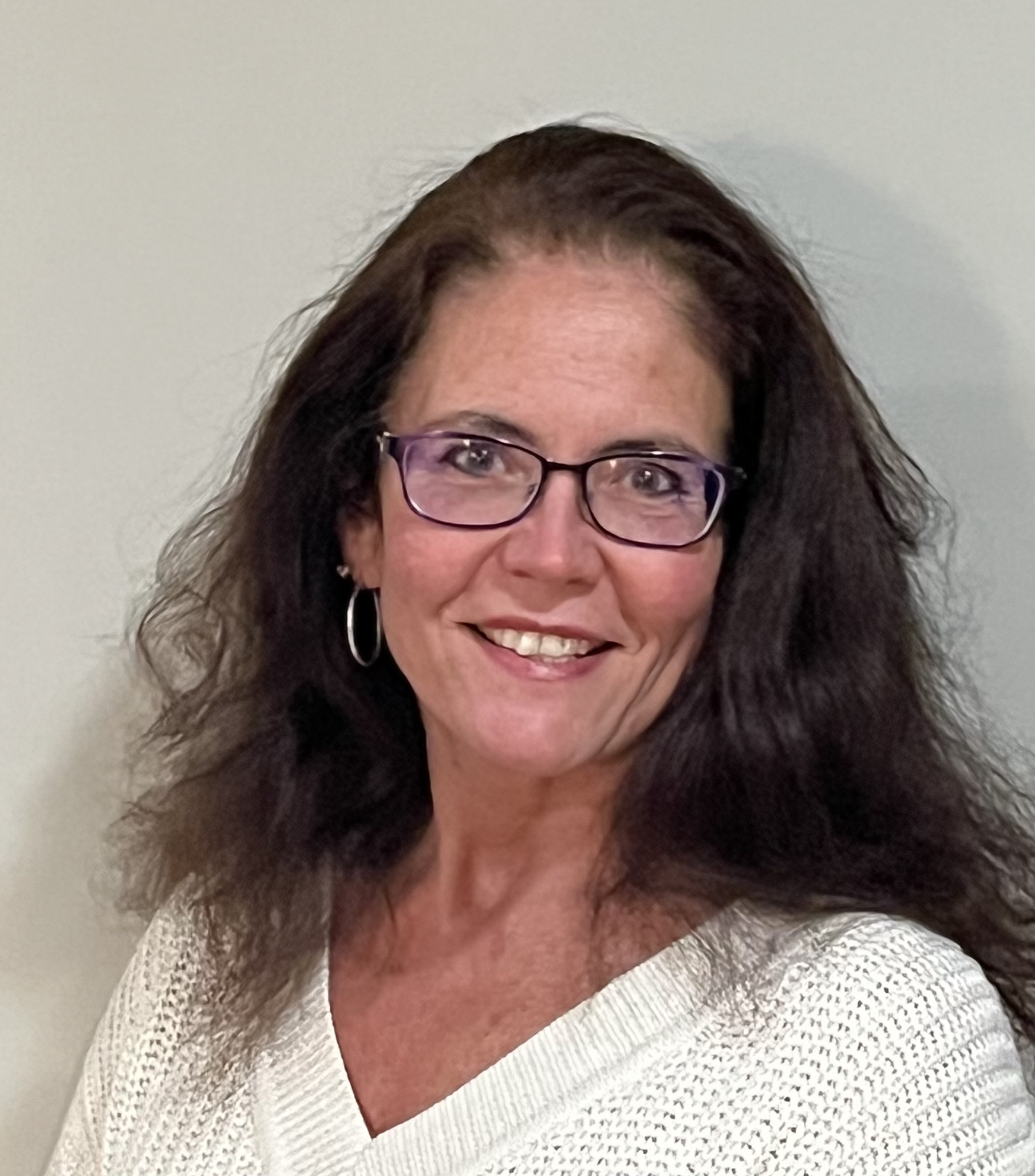 Twiladawn Stonefish |
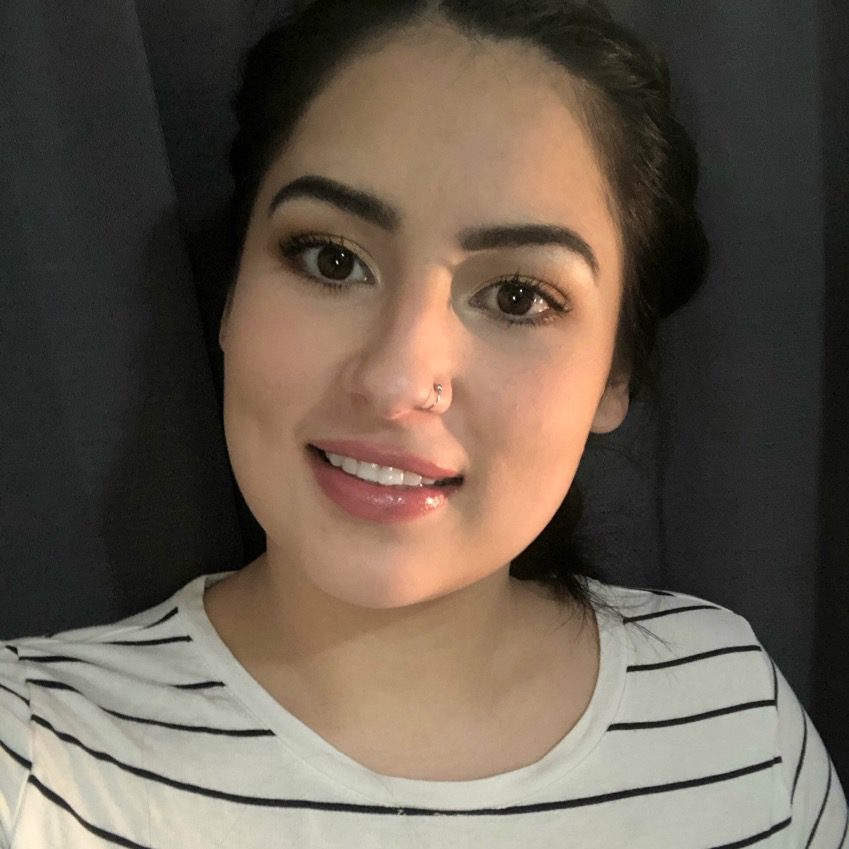 Destiny Chalifoux |  Kyle Durocher | 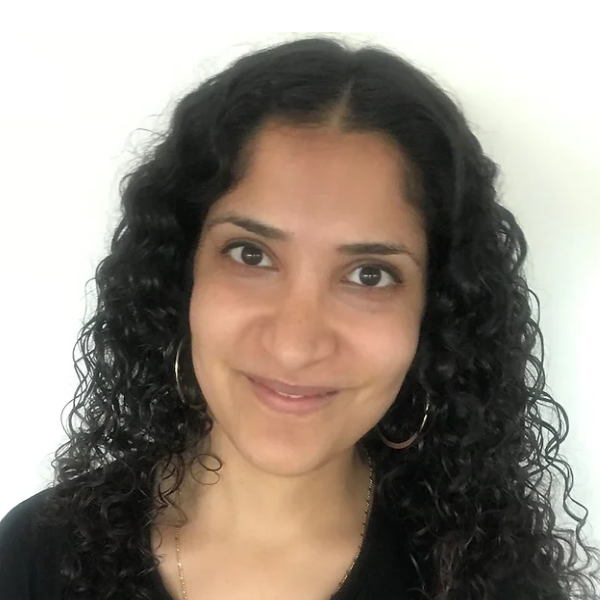 Aisha Tejani from Mindfulness with Aisha |  Truelove Twumasi–Afriye, guest facilitator for Raising Children who Value Inclusion |
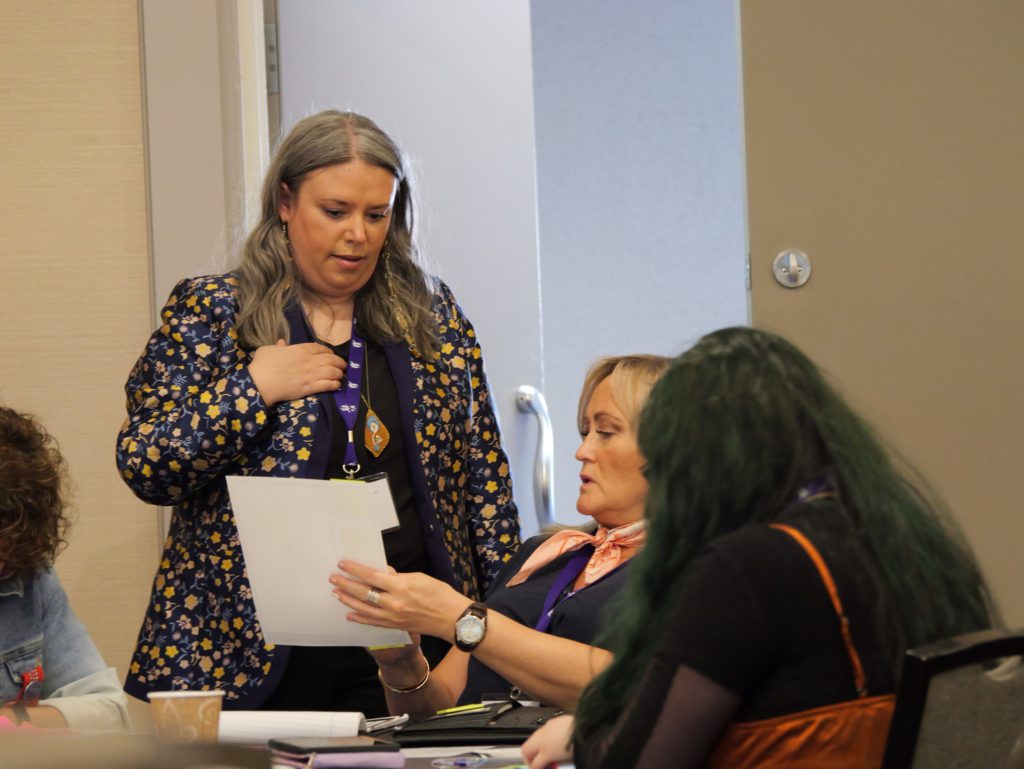
Feedback from our custom workshop Building Inclusive Workspaces for Métis Apprentices:
The course material is exceptional. I believe it should be a staple in our organization for any level of supervisor/ work leader at our organization. Field leaders as well as locational/functional leaders.
Photo credit: Garry Snow/Rupertsland Institute
Contact Alicia Hibbert at alicia@edifiedprojects.com to book any of our offerings listed below.
Workplace Well-being and Belonging
Workplace Well-being
We all have a role to play to build psychologically safe workplaces. A positive manager-employee relationship has a huge impact on employee engagement and retention. This workshop is for managers who would like to build foundational knowledge in mental health literacy.
Burnout is a common issue among knowledge workers, leaders, and frontline workers. This workshop is for employees, managers, and HR team members who would like to build foundational knowledge in the causes and strategies to address burnout.
This course is for employees to learn more about healthy boundaries and communicating them in the workplace and in their personal lives.
Navigate and thrive through workplace change with this workshop, designed to empower individuals with strategies to adapt and embrace positive well-being during times of organizational change.
Elevate employee well-being with this workshop, fostering constructive dialogues that nurture both personal and professional growth.
What does agile project management have to do with well-being? In this course, we cover an introduction to Kanban and prioritization strategies, like the MOSCOW method and important/urgent method. Agile promotes collaboration, accountability, transparency, and iteration - all contributing to employee engagement and potentially reducing burnout!
Workplace Inclusion
This course covers how to have crucial conversations, give and receive feedback, and build trust and accountability between employees, peers, and managers.
Looking for tools and resources to help increase the diversity of your talent pool? Consider participating in this workshop that engages hiring managers to think outside the box, identify core role competencies, look for transferability in skills, and implement recruitment and hiring strategies and practices that embody inclusion.
This course has 3 versions for 3 audiences: for Managers, HR Teams, or Senior Leaders. Please specify your audience focus when you book.
This webinar covers practical tools you can use in your organization to respectfully recruit and retain Indigenous team members. In our session for senior leaders, we focus on context, strategy, and reflection. In our session for managers, we focus on interview guides and protocols, career navigation, and and mental wellbeing supports for teams. In our session for HR staff, we focus on job descriptions, interview rubrics, and organizational mental wellbeing supports. Consider booking all 3 sessions for transformational change within your organization.
In this course, we cover the latest data, trends, and case studies in employee retention.
An advanced course designed for senior-level leaders and executives seeking to elevate their impact on organizational culture and inclusion. Expanding upon the principles learned in the "Inclusive Leadership" course, participants will develop strategic insights and actionable approaches to drive systemic change, fostering a culture where diversity and inclusion are embedded at every level, leading to lasting and transformative organizational success.
Discover the essential principles of fostering a diverse and inclusive workplace, equipping individuals with the foundational knowledge to actively create an environment that supports a sense of belonging for all.
A thought-provoking course designed to delve into the intricate connections between personal identities and the creation of inclusive workplaces. Through insightful exploration, participants will gain a deeper understanding of how individual social identities influence perspectives, fostering empathy and awareness that drives inclusive workplaces.
This course offers practical strategies for promoting inclusion, from fostering open dialogue to implementing inclusive policies. By participating in this course, leaders can equip themselves with the tools necessary to cultivate a truly inclusive environment.
Indigenous Engagement
This webinar has 3 versions for 3 audiences: for Managers, HR Teams, or Senior Leaders. Please specify your audience focus when you book.
This webinar covers practical tools you can use in your organization to respectfully recruit and retain Indigenous team members. In our session for senior leaders, we focus on context, strategy, and reflection. In our session for managers, we focus on interview guides and protocols, career navigation, and and mental wellbeing supports for teams. In our session for HR staff, we focus on job descriptions, interview rubrics, and organizational mental wellbeing supports. Consider booking all 3 sessions for transformational change within your organization.
Facilitators: Alicia Hibbert & Partners
You'll learn key Michif/Métis values, reflecting on how they can show up in the workplace. We will ask you to consider existing practices in your organization that support these values, the effectiveness of these practices, gaps, and opportunities. Most importantly, you'll work with peers to commit to clear actions, including actions that you can share with managers and HR teams in your organization.
Knowledge can be gained and expressed in many different ways. Although Western society privileges formal learning, we introduce the idea of knowledge shared through lived experience, storytelling, culture, art, music. We discuss this as a foundation to decolonizing your perspective through decolonizing the way you learn. Learning is iterative and there is no one starting or end point. We share the importance of getting comfortable with being uncomfortable. Participants will leave with key Indigenous learning resources.
This workshop will be held in 3 parts over the course of 2 weeks, building in time for reflection and preparation. The first will cover why we do Land Acknowledgements and what is generally included in them, including how you can develop your own personal and authentic relational introduction that acknowledges the land. The second session will be an informal chance to ask questions after you have taken a first try at crafting your own relational introduction. The third session will be in a virtual sharing circle format. This is an opportunity for you to share your relational introduction for the first time in a safe space. Participants will leave this workshop with their own personal and authentic relational introduction, the knowledge needed to adapt this to every setting, and will have shared theirs verbally in a sharing circle.
Facilitators: Alicia Hibbert, Becca Shortt, Destiny Chalifoux, and Kyle Durocher
This workshop covers concepts relevant to the individual. At an individual level, we discuss the concept that self-awareness is paramount to being an ally or accomplice. Allies and accomplices need to have the emotional intelligence and mindfulness skills to have open dialogue about emotions, supporting others, and creating safer spaces. Participants will leave with a clear understanding of active allyship and a brief plan for meaningful and sustainable actions to take.
These workshops will consist of 2 sessions held over 2 weeks. In our first session, we begin with an introduction to the concept of reciprocity - the idea of balanced and respectful, give and take - in Indigenous engagement. From reciprocity, we begin to understand the importance of reparations, which includes the concept of “Land Back”. Reparations can be harmful if they are not sustainable. To be meaningful, reparations need to consider where energy, capital, resources, and time are best placed so that Indigenous rights, culture, knowledge, and ontology can thrive. Participants will leave with reflection questions needed to create their own reparations action plan. In the second session, participants will ask any remaining questions they have and share their plans. Participants will leave with a reparations action plan.
Covering contemporary and historical Métis identity in your region, led by Métis instructors.
Respectful Communications
This webinar will cover communications techniques, best practices, and real-world examples to ensure respectful intersectional perspectives in your work. This workshop will benefit communications professionals (social media, marketing, writing), researchers, and public sector employees.
This webinar will cover communications techniques, best practices, and real-world examples for non-Indigenous people who write about Indigenous Peoples, culture, knowledge, and history. This workshop will benefit communications professionals (social media, marketing, writing), researchers, and public sector employees.
Family and Relationships
Parenting & Family
We all have the power to create a family environment that is inclusive. Age-appropriate principles of diversity, equity, inclusion, and belonging need to be taught to our children, and cannot be deferred to other adults in your child’s life. In this webinar, you will leave with strategies to build your own self-awareness, begin conversations with your children, and learn more through an age-appropriate inclusive reading list.
Facilitators: Truelove Twumasi-Afriye, MPH, Monica Naber, R. Psych, and Alicia Hibbert
The term attachment and the importance of it is frequently used when discussing the relationship between parent(s) and baby. A secure attachment is the best gift you can give to your child. In this webinar, we will discuss specific ways you can respond to your younger child that will help build this secure attachment. You will also leave with strategies to create language-rich environments, and ways to take advantage of everyday moments when your child makes requests for connection.
Facilitator: Monica Naber, R. Psych
In this workshop we will discuss how to use everyday moments to improve communication within the family and your connection with your child. A strong connection helps your words as a parent matter, allowing for parenting with greater ease. You will leave with specific strategies you can use in the moment to help with more challenging behaviour that builds a strong connection with your child.
Facilitator: Monica Naber, R. Psych
The role of the brain in expressing and regulating emotions, and leveraging parent-child connection to support emotional regulation will be discussed. In this webinar, you will leave with practical strategies to help guide your child’s emotional regulation.
Facilitator: Monica Naber, R. Psych
It’s important for parents to understand how screen time impacts their children as well as how to build healthy boundaries in the family around screen use. In this webinar, you will leave with strategies to regulate screen time, understanding how to implement boundaries and prioritize non-screen activities.
Facilitator: Monica Naber, R. Psych
Learn strategies to build a harmonious flow of family life through our mindful parenting and self-care workshop, designed to cultivate balance and nurture strong familial connections. Explore techniques that empower both caregivers and children to embrace the rhythm of the family with intention and purpose.
Couples
This psycho-educational workshop, developed by the Gottman Institute, provides couples with foundational knowledge on healthy relationships as well as the opportunity to practice practical hands-on activities. The seven principles are helpful for couples at any stage of the relationship. Participants will receive a Couples Guide in addition to the Seven Principles for Making Marriage Work book. Session activities will include both group and couples-only breakout rooms.
View the full course description
Facilitator: Monica Naber, R Psych
This psycho-educational workshop, developed by the Gottman Institute, provides couples with foundational knowledge on healthy relationships. This introductory course will provide an overview of the research on relationships that developed the 7 principles and focuses only on the first principle. Couples will also get the opportunity to complete a friendship building exercise (completed in couples-only breakout rooms as no personal work will be completed in a group setting).
View the full course description
Facilitator: Monica Naber, R Psych
Add-Ons
When contacting us to book, ask about adding on a 15 minute mindfulness or pet meditation session with Aisha Tejani.
Custom Learning
Please fill out this intake form so we can get a sense of your goals. We are a team of workplace and family mental health and wellbeing, Indigenous engagement, and EDIB experts who create custom workshops, newsletters, and resources. We create custom participant guides, shareable resources. We manage registration, facilitation, and evaluation, and we may be able to provide hybrid delivery.
Disclaimer
The information and resources presented in these workshops are for informational and educational purposes only. These are not clinical advice or treatment. If you are experiencing significant distress, seek treatment from a qualified professional. Mental health services are available through your province’s health services. If you or a loved one are in crisis, call 9-1-1 or present to the nearest emergency medical centre.
For Alberta residents you can connect with Alberta Health Services.
For British Columbia residents, there are resources and services available to you.
Finding a Psychologist
Most provinces have a professional association of registered psychologists for their province. These associations typically have a referral search feature to help you find a psychologist in your area. Below are the links to the Psychologists Association of Alberta and British Columbia. Psychologists typically pay a fee to be a member of these webpages, so the search results are limited to those who chose to pay that membership fee. The Alberta Government has also provided an overview of mental health resources.
Find A Psychologist – Psychologists’ Association of Alberta
Find a Registered Psychologist | BC Psychological Association
